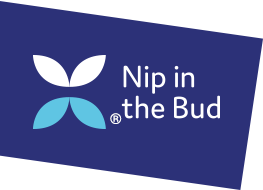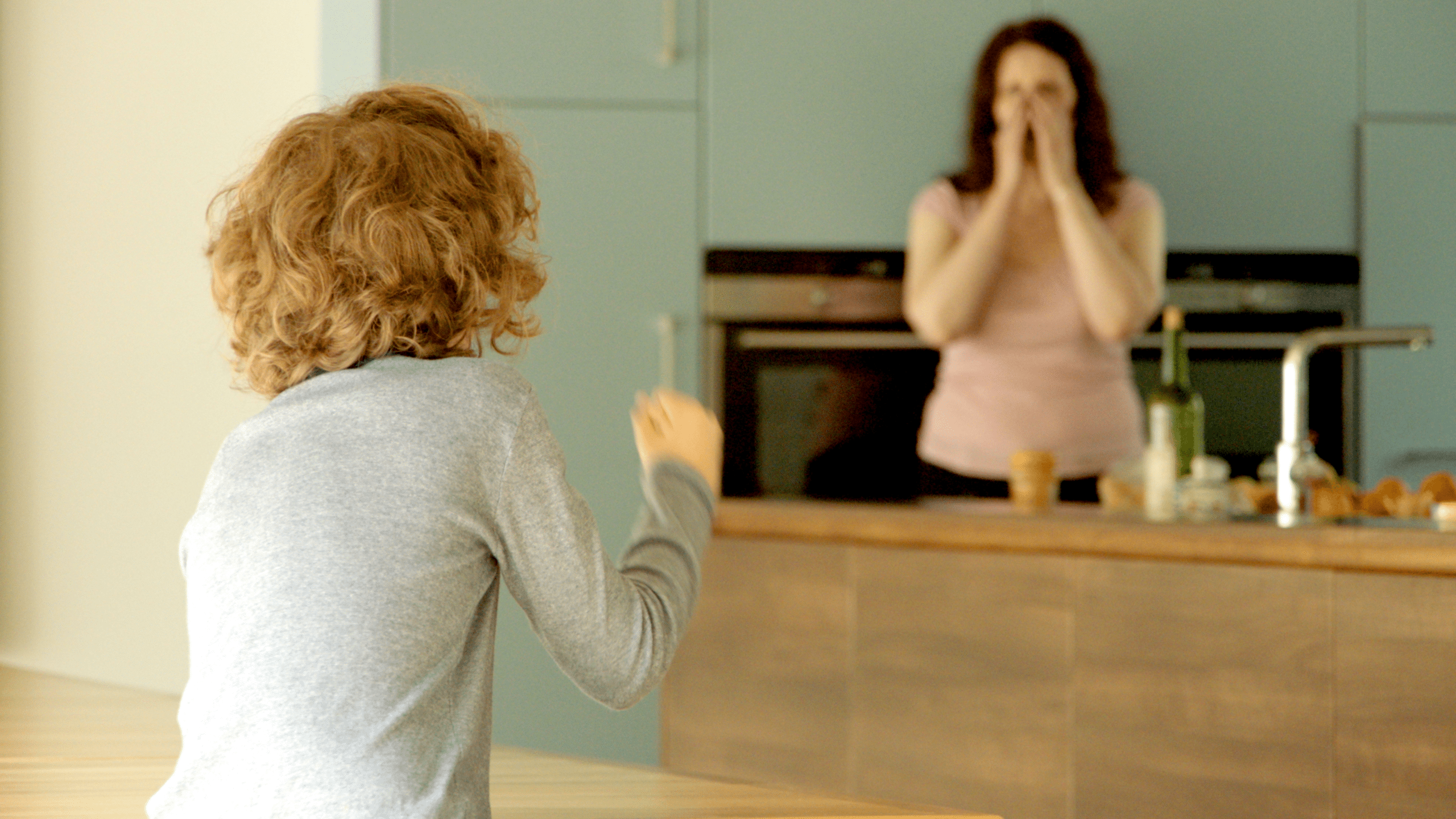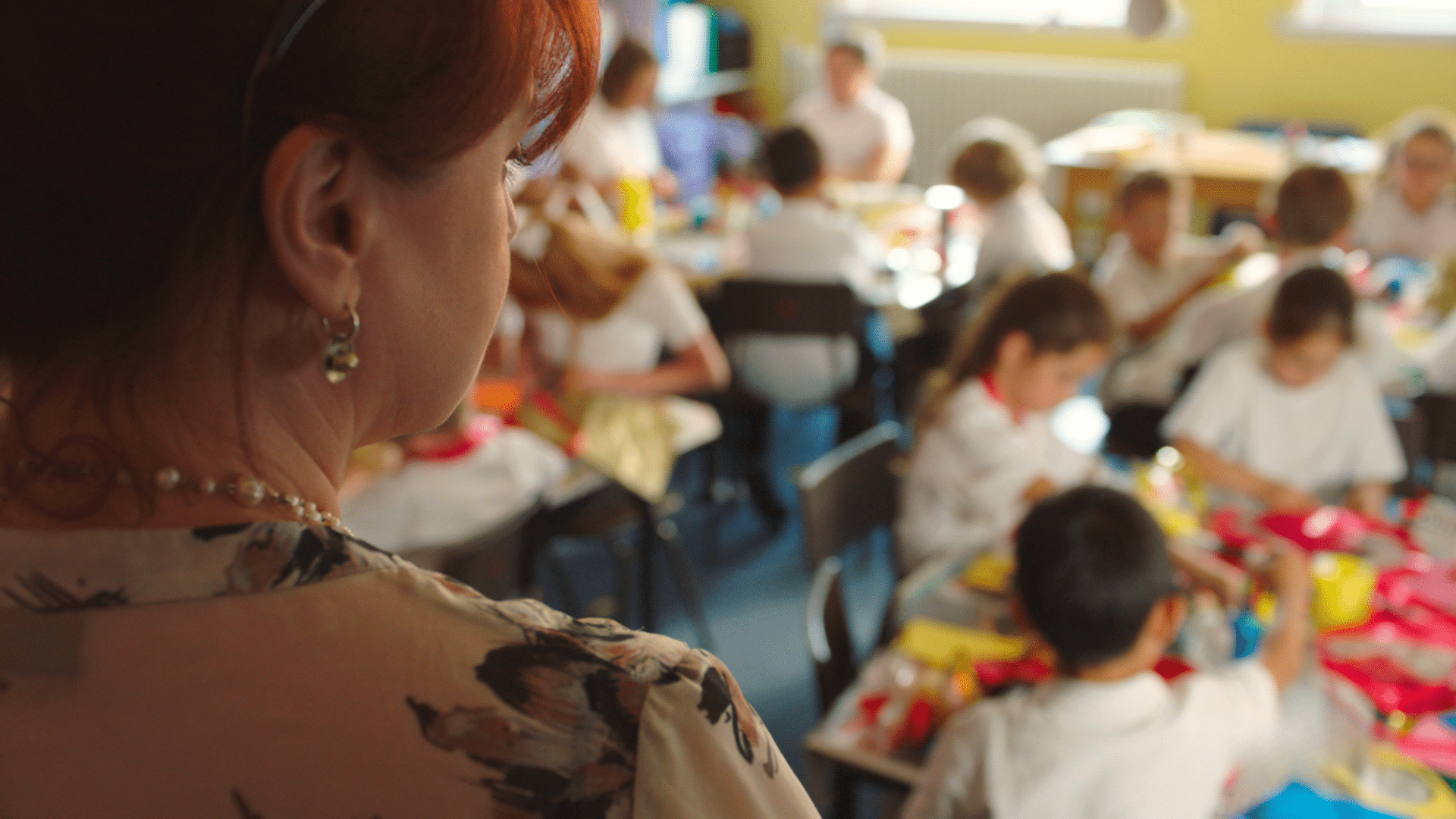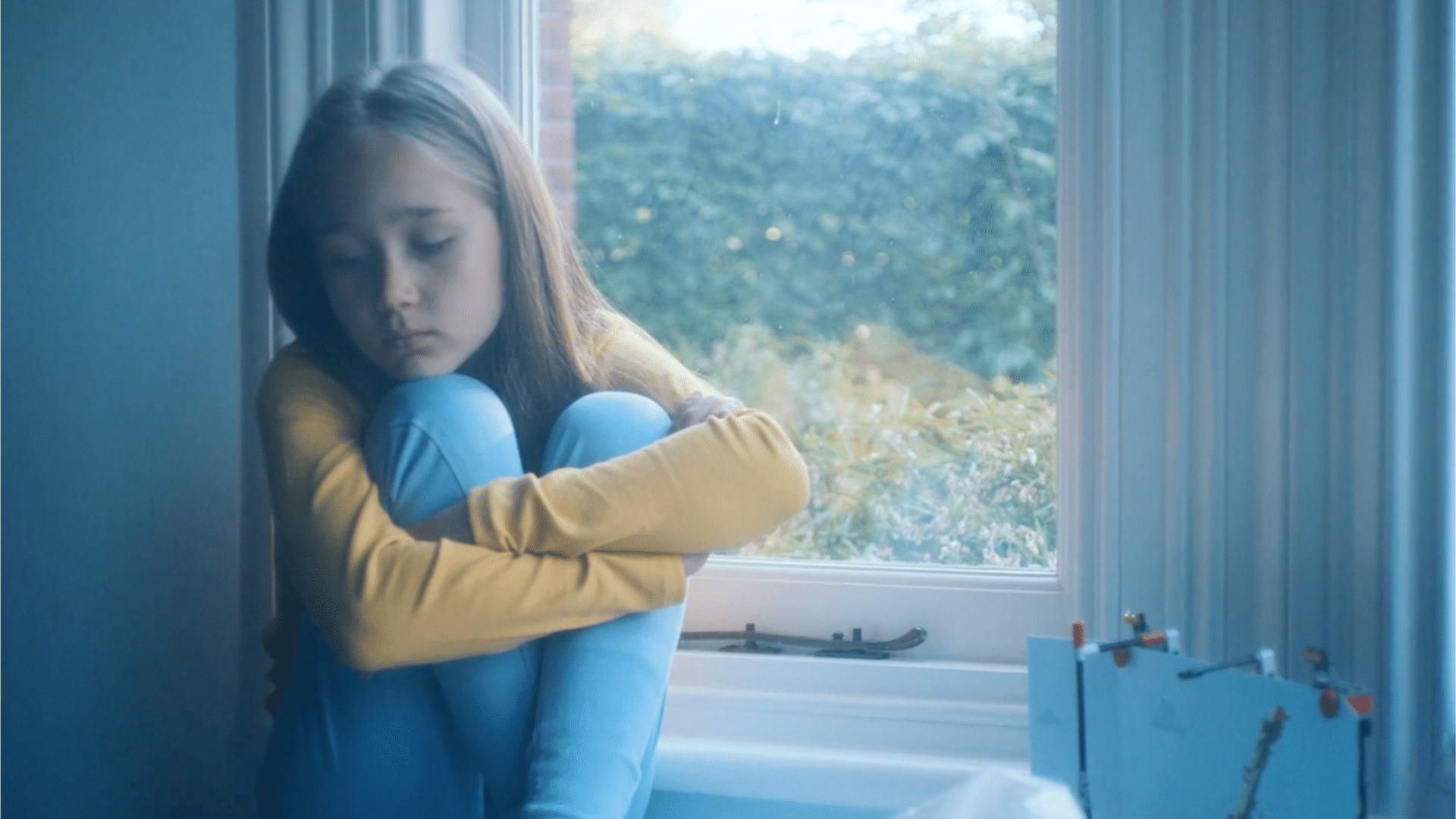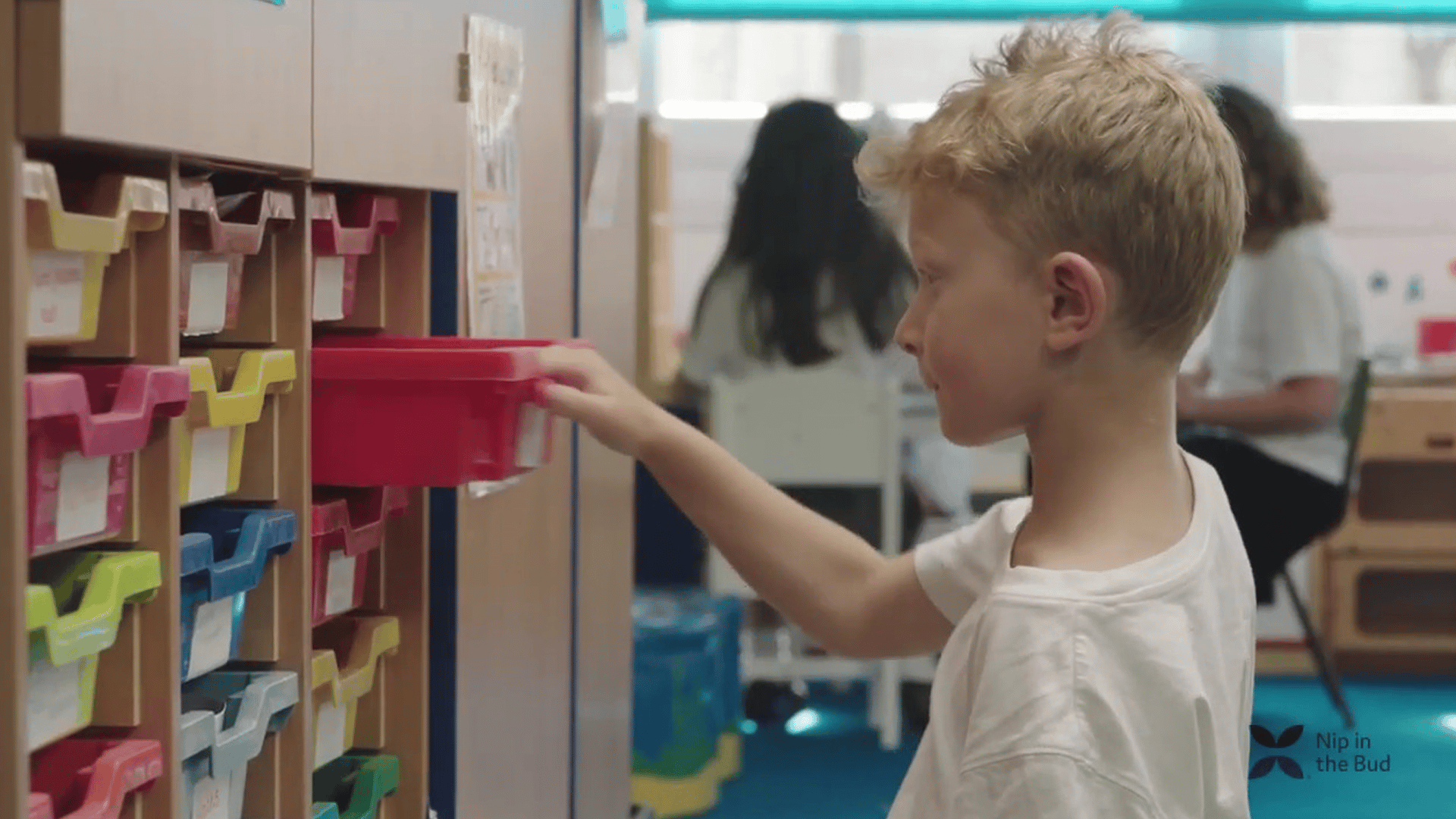
Have you heard of neurodiversity?
It’s a concept that aims to recognise and celebrate neurological differences in the same way as other variations in humans. For example, some people are shy, some are outgoing. Certain kids like sport whilst others prefer reading. These are all natural differences that we don’t really question as human beings.
Why doesn’t the same principle apply to mental health conditions?
Neurodiversity suggests that people with neurodivergent or neurodevelopmental conditions have significant strengths that allow them to contribute positively to society. For example, children with autism tend to be very detail-orientated. They also often have fantastic memories. These strengths are an important part of the whole child. But sadly children with autism are often viewed in a negative light. Their social and behavioural challenges are seen as a burden to those around them.
Children with conditions like autism, ADHD and ODD are often treated as though they’re ill. There’s a lot of stigma attached to their conditions. In fact, some parents and teachers may strive to ‘heal’ them of their condition. Some parents may even feel ashamed of their child’s behaviours because they’re not ‘normal’.
Perhaps our definition of ‘normal’ is the real problem?
In the case of autism, ADHD and ODD, neurodiversity says that these conditions are a positive variation on what’s considered ‘typical’ behaviour. It rejects the idea that they need to be cured or fixed.
Instead, it suggests that society accepts and includes people with autism as equal and ‘normal’ members of society.
In fact, the concept of neurodiversity encourages all members of society to support people with conditions like autism in the way they speak, think and behave – instead of having unrealistic expectations on how they ‘should’ be.
What does neurodiversity mean for children?
In an ideal world, every child would be appreciated and respected for their unique personality and inherent ways of being. And if we lived in a world where neurodiversity was the norm, children with autism, ADHD, ODD, dyslexia and dyspraxia would be valued as positive, ‘normal’ members of society by their parents, teachers and peers.
They would not be judged for their behaviour, nor would they be expected to adjust it to suit conventional behavioural norms. Children with autism would grow up being included and accounted for so they could develop at a pace that was expected of them, instead of being compared to other children.
Later in life, neurodiversity would mean that adults with conditions like autism, ADHD and ODD would be employed on the basis of their skills and strengths, instead of being penalised for not conforming to generalised societal norms.
About Nip in the Bud
At Nip in the Bud, we work to try and end the stigma of mental health conditions in children. This starts with awareness. That’s why we offer free resources to parents, teachers, educationalists and other adults. The more we all know and understand about mental health conditions in children, the better we can support young people and improve their outcomes in later life.
Visit our homepage to learn more about common mental health conditions in children.
